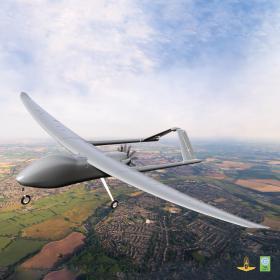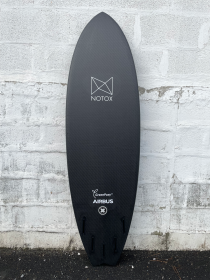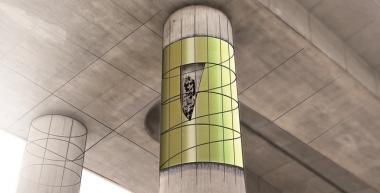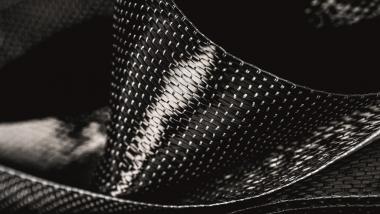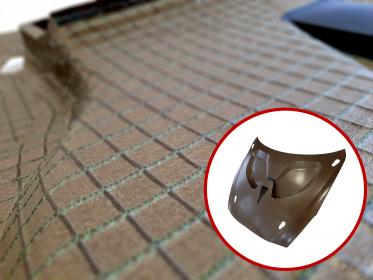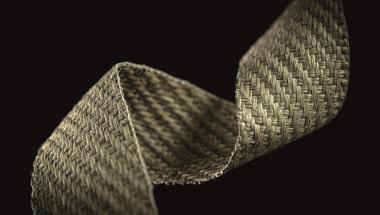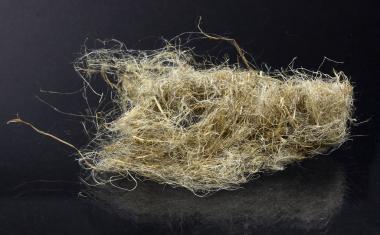STFI: Lightweight construction innovations at JEC World in Paris
At this year's JEC World, STFI will be presenting highlights from carbon fibre recycling as well as a new approach to hemp-based bast fibres, which have promising properties as reinforcement in lightweight construction.
Green Snowboard
At JEC World in Paris from 5 to 7 March 2024, STFI will be showcasing a snowboard from silbaerg GmbH with a patented anisotropic coupling effect made from hemp and recycled carbon fibres with bio-based epoxy resin. In addition to silbaerg and STFI, the partners Circular Saxony - the innovation cluster for the circular economy, FUSE Composite and bto-epoxy GmbH were also involved in the development of the board. The green snowboard was honoured with the JEC Innovation Award 2024 in the “Sport, Leisure and Recreation” category.
VliesComp
The aim of the industrial partners Tenowo GmbH (Hof), Siemens AG (Erlangen), Invent GmbH (Braunschweig) and STFI united in the VliesComp project is to bring recycled materials back onto the market in various lightweight construction solutions. The application fields "Innovative e-machine concepts for the energy transition" and "Innovative e-machine concepts for e-mobility" were considered as examples. On display at JEC World in Paris will be a lightweight end shield for electric motors made from hybrid nonwovens - a mixture of thermoplastic fibre components and recycled reinforcing fibres - as well as nonwovens with 100% recycled reinforcing fibres. The end shield was ultimately manufactured with a 100% recycled fibre content. The tests showed that, compared to the variant made from primary carbon fibres using the RTM process, a 14% reduction in CO2 equivalent is possible with the same performance. The calculation for the use of the prepreg process using a bio-resin system shows a potential for reducing the CO2 equivalent by almost 70 %.
Bast fibre reinforcement
To increase stability in the plant stem, bast fibres form in the bark area, which support the stem but, in contrast to the rigid wood, are very flexible and allow slender, tall plants to move in the wind without breaking.A new process extracts the bast bark from hemp by peeling.The resulting characteristic values, such as tensile modulus of elasticity, breaking strength and elongation, are very promising in comparison with the continuous rovings made of flax available on the market.The material could be used as reinforcement in lightweight construction.At JEC World, STFI will be exhibiting reinforcing bars that have been processed into a knitted fabric using a pultrusion process based on bio-based reinforcing fibres made from hemp bast for mineral matrices.
STFI Sächsische Textilforschungsinstitut e.V. lightweight construction JEC World carbon fibers hemp
Sächsische Textilforschungsinstitut e.V. (STFI)













